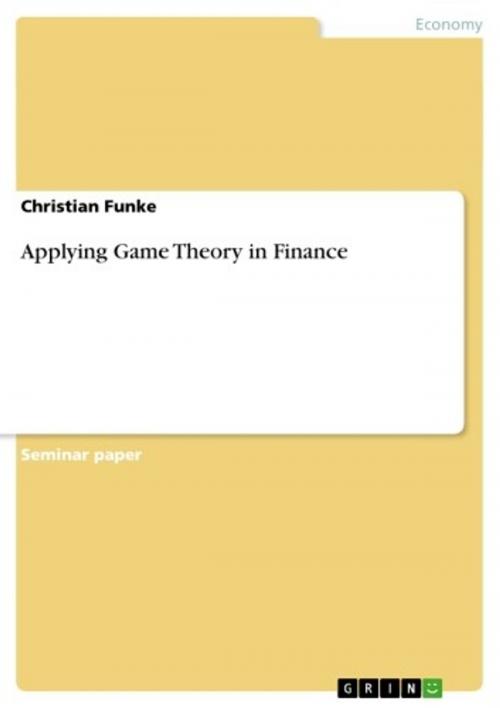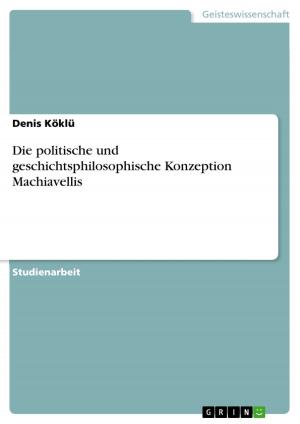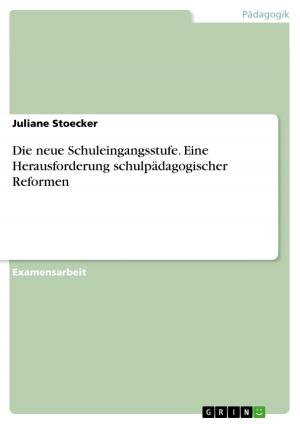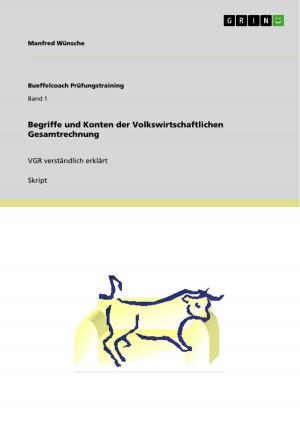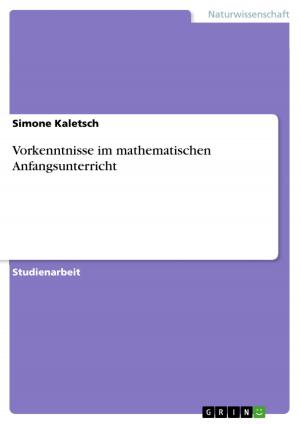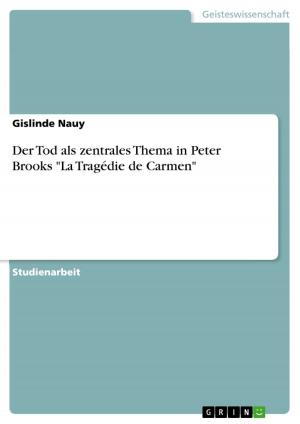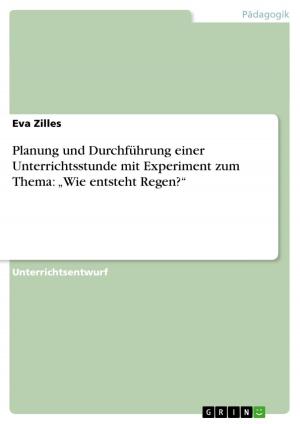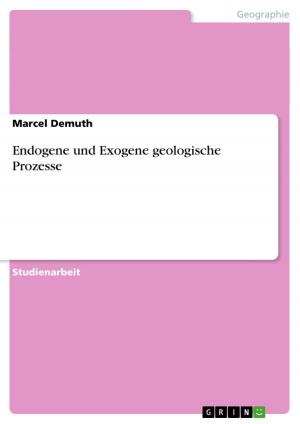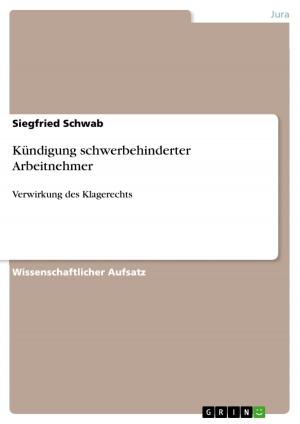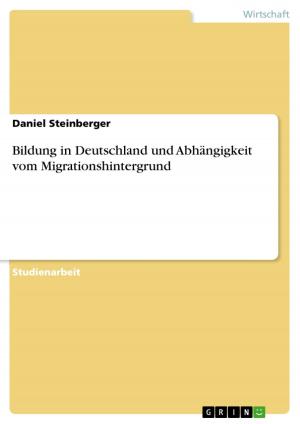| Author: | Christian Funke | ISBN: | 9783638234894 |
| Publisher: | GRIN Verlag | Publication: | December 1, 2003 |
| Imprint: | GRIN Verlag | Language: | English |
| Author: | Christian Funke |
| ISBN: | 9783638234894 |
| Publisher: | GRIN Verlag |
| Publication: | December 1, 2003 |
| Imprint: | GRIN Verlag |
| Language: | English |
Seminar paper from the year 2003 in the subject Business economics - Investment and Finance, grade: 1,0 (A), European Business School - International University Schloß Reichartshausen Oestrich-Winkel (Department for Corporate Finance and Capital Markets), course: Seminar International Corporate Finance, 50 entries in the bibliography, language: English, abstract: The groundbreaking work of MODIGLIANI & MILLER (MM) introduced the rigors of economic analysis to financial research. This is generally considered the beginning point of modern managerial finance. Their first economic models were challenged by financial practitioners for being overly simplistic in their assumptions and, therefore, lacking real world application value. MM acknowledged and addressed this fact in their first paper. Later models relaxed some assumptions, such as symmetric information or complete contracts, while trying to retain an explanatory value in the spirit of the original MM papers. This incorporation of more realistic elements, such as strategic interaction and asymmetric information, brought several problems to financial economists' models: they required a lot of definitions, became even more complex and were not easily comparable. Game theory provided a solution for those problems in its first applications to economics in the 70s and 80s: a set of common definitions and a basic language to guarantee comparability and empirical testability of financial models using game theoretic concepts. Nowadays, there are few issues in finance research which have not been modeled by applying game theoretic concepts, and therefore it is crucial to be familiar with the basics of game theory and its application in finance. The objective of this paper is to provide an intuitive approach to game theory in finance by first giving an overview of the basic foundations of game theory, and then providing a survey of some selected applications most relevant to the financial practitioner.
Dr. Christian Funke studierte Betriebswirtschaftslehre an der EBS Business School der EBS Universität, Wiesbaden, mit Auslandssemestern am ITESM, Guadalajara, Mexiko und an der Thunderbird School of Global Management, Phoenix, USA. Während des Studiums sammelte er Berufserfahrung unter anderem bei KPMG und Goldman Sachs. Im Anschluss promovierte Herr Dr. Funke als Wissenschaftlicher Mitarbeiter am Stiftungslehrstuhl Asset Management von Prof. Dr. Lutz Johanning an der EBS sowie als DAAD-Visiting-Scholar an der Joseph M. Katz Graduate School of Business, University of Pittsburgh, USA mit summa cum laude zum Thema 'Selected Essays in Empirical Asset Pricing - Information Incorporation at the Single-Firm, Industry, and Cross-Industry Level'. Schon während der Promotion war er als Berater und Gutachter für verschiedene internationale Banken und Asset Manager sowie als Dozent für die EBS Executive Education sowie die Goethe Business School der Universität Frankfurt tätig. Seit 2010 ist er Vorstand und Portfolio Manager der Source For Alpha (Deutschland) AG, einem unabhängigen Investment Manager, der innovative quantitative Investmentstrategien entwickelt, umsetzt und vermarktet. Herr Dr. Funke publizierte zahlreiche Artikel und Studien zum Themengebiet Asset Management und Risikomanagement. Er ist verheiratet und lebt mit seiner Frau und Tochter bei Frankfurt.
Seminar paper from the year 2003 in the subject Business economics - Investment and Finance, grade: 1,0 (A), European Business School - International University Schloß Reichartshausen Oestrich-Winkel (Department for Corporate Finance and Capital Markets), course: Seminar International Corporate Finance, 50 entries in the bibliography, language: English, abstract: The groundbreaking work of MODIGLIANI & MILLER (MM) introduced the rigors of economic analysis to financial research. This is generally considered the beginning point of modern managerial finance. Their first economic models were challenged by financial practitioners for being overly simplistic in their assumptions and, therefore, lacking real world application value. MM acknowledged and addressed this fact in their first paper. Later models relaxed some assumptions, such as symmetric information or complete contracts, while trying to retain an explanatory value in the spirit of the original MM papers. This incorporation of more realistic elements, such as strategic interaction and asymmetric information, brought several problems to financial economists' models: they required a lot of definitions, became even more complex and were not easily comparable. Game theory provided a solution for those problems in its first applications to economics in the 70s and 80s: a set of common definitions and a basic language to guarantee comparability and empirical testability of financial models using game theoretic concepts. Nowadays, there are few issues in finance research which have not been modeled by applying game theoretic concepts, and therefore it is crucial to be familiar with the basics of game theory and its application in finance. The objective of this paper is to provide an intuitive approach to game theory in finance by first giving an overview of the basic foundations of game theory, and then providing a survey of some selected applications most relevant to the financial practitioner.
Dr. Christian Funke studierte Betriebswirtschaftslehre an der EBS Business School der EBS Universität, Wiesbaden, mit Auslandssemestern am ITESM, Guadalajara, Mexiko und an der Thunderbird School of Global Management, Phoenix, USA. Während des Studiums sammelte er Berufserfahrung unter anderem bei KPMG und Goldman Sachs. Im Anschluss promovierte Herr Dr. Funke als Wissenschaftlicher Mitarbeiter am Stiftungslehrstuhl Asset Management von Prof. Dr. Lutz Johanning an der EBS sowie als DAAD-Visiting-Scholar an der Joseph M. Katz Graduate School of Business, University of Pittsburgh, USA mit summa cum laude zum Thema 'Selected Essays in Empirical Asset Pricing - Information Incorporation at the Single-Firm, Industry, and Cross-Industry Level'. Schon während der Promotion war er als Berater und Gutachter für verschiedene internationale Banken und Asset Manager sowie als Dozent für die EBS Executive Education sowie die Goethe Business School der Universität Frankfurt tätig. Seit 2010 ist er Vorstand und Portfolio Manager der Source For Alpha (Deutschland) AG, einem unabhängigen Investment Manager, der innovative quantitative Investmentstrategien entwickelt, umsetzt und vermarktet. Herr Dr. Funke publizierte zahlreiche Artikel und Studien zum Themengebiet Asset Management und Risikomanagement. Er ist verheiratet und lebt mit seiner Frau und Tochter bei Frankfurt.
